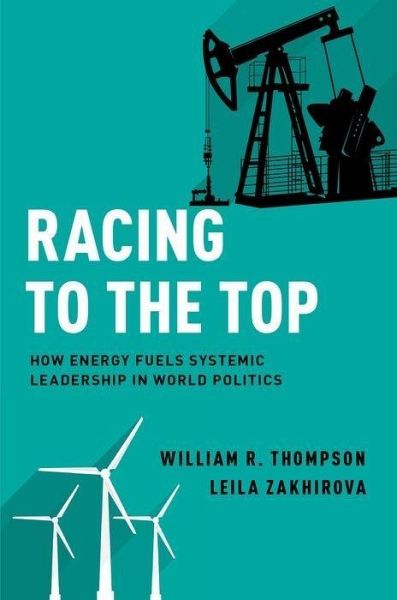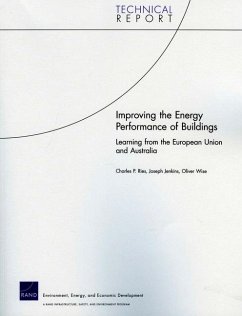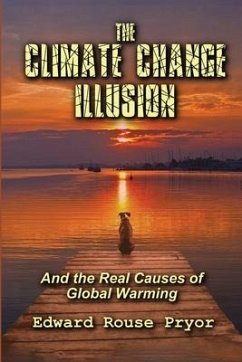
Racing to the Top
How Energy Fuels System Leadership in World Politics
Versandkostenfrei!
Versandfertig in 1-2 Wochen
44,99 €
inkl. MwSt.
Weitere Ausgaben:

PAYBACK Punkte
22 °P sammeln!
In the international political economy of the last two millennia, there tends to be one state leading the world as the foremost producer of energy and new technology. In Racing to the Top, William R. Thompson and Leila Zakhirova argue that the US and China, like previous leading countries, rely on energy transition, or the development of alternative energy, in order to make new technology relatively inexpensive to develop and to fuel. While the US has historically held the lead, its edge in the global energy economy appears to be eroding, and as energy leadership diminishes, so does the countr...
In the international political economy of the last two millennia, there tends to be one state leading the world as the foremost producer of energy and new technology. In Racing to the Top, William R. Thompson and Leila Zakhirova argue that the US and China, like previous leading countries, rely on energy transition, or the development of alternative energy, in order to make new technology relatively inexpensive to develop and to fuel. While the US has historically held the lead, its edge in the global energy economy appears to be eroding, and as energy leadership diminishes, so does the country's position in world politics. Thompson and Zakhirova take a long view in order to show what will be necessary for a new power to emerge as the system leader, then map a path forward for energy policy. Informed by a deep knowledge of world history, political economy, and environmental technology, this book is the first complete overview of energy transitions over the past thousand years.













